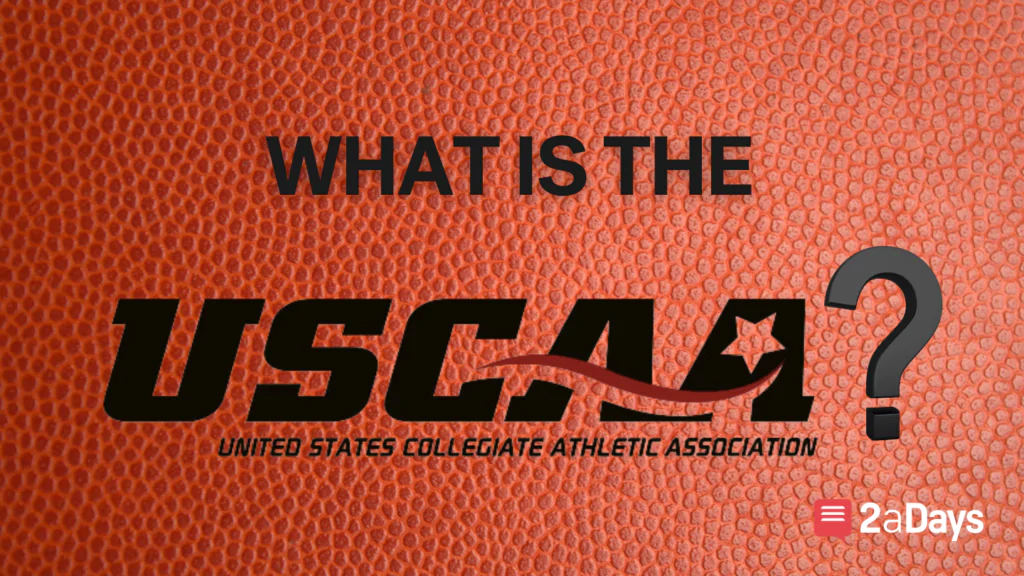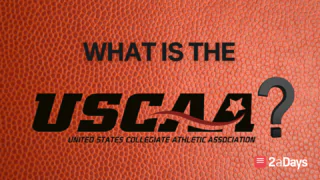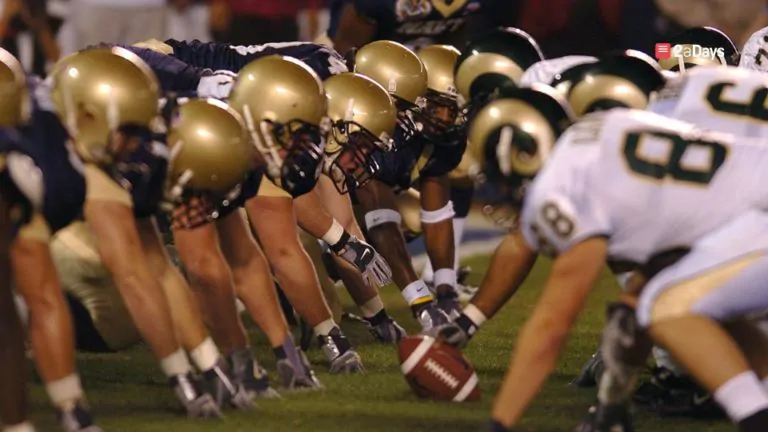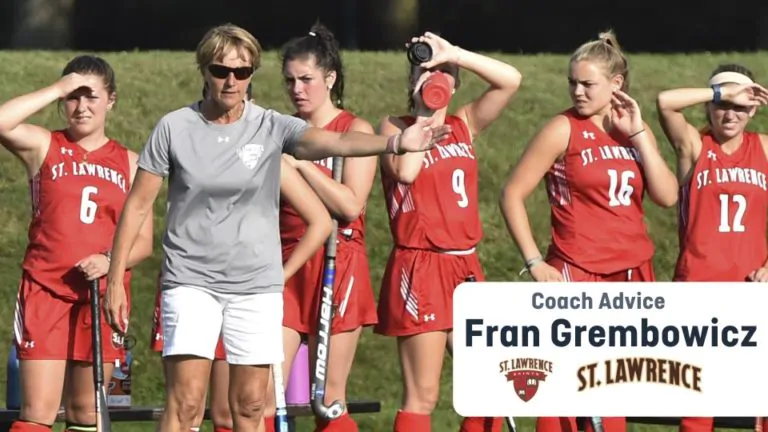There are many different ways that athletes can play college sports. Everyone knows about the NCAA, and most people know about junior colleges (JUCO) and NAIA. There is one more organization for college sports that is not as big or popular as something like the NCAA. The United States Collegiate Athletic Association (USCAA) is another organization that college athletes can play in, but it is not as popular as the NCAA.
Related: A Different Route: The JUCO Experience
The USCAA is an organization that oversees and organizes athletic competitions among smaller, primarily non-scholarship institutions. While the NCAA (National Collegiate Athletic Association) is the largest and most well-known governing body for collegiate sports in the United States, the USCAA offers an alternative for institutions that may not meet the requirements or choose not to participate in the NCAA.
The main differences between the NCAA and USCAA include:
1. Size
- NCAA: The NCAA is significantly larger and encompasses three divisions (Division I, Division II, and Division III). It governs thousands of colleges and universities across the United States.
- USCAA: The USCAA is smaller in comparison, consisting of a smaller number of institutions. The USCAA primarily represents smaller colleges and universities, including junior colleges, community colleges, and small four-year institutions.
2. Scholarship
- NCAA: The NCAA offers athletic scholarships to student-athletes in Division I and Division II. Division III does not provide athletic scholarships but can offer other forms of financial aid.
- USCAA: The USCAA does not provide athletic scholarships specifically. However, member institutions may offer various forms of financial aid, academic scholarships, or need-based assistance to student-athletes.
3. Competition Level
- NCAA: NCAA competition is generally considered more competitive, especially in Division I. Division I programs tend to have larger budgets, more extensive facilities, and attract high-profile athletes. Division II and Division III offer a range of competition levels.
- USCAA: The USCAA typically represents smaller institutions and may feature a lower level of competition compared to the NCAA. However, there can still be talented athletes and competitive teams within the USCAA.
4. Eligibility and Regulations
- NCAA: The NCAA has specific eligibility requirements, academic standards, and regulations that student-athletes must meet to participate in intercollegiate athletics. These standards vary by division.
- USCAA: The USCAA also has eligibility requirements, but they may not be as strict as those of the NCAA. The specific eligibility criteria and regulations can vary among member institutions.
Related: NCAA vs NAIA
It's worth noting that the NCAA is more widely recognized and followed by fans, media, and recruiters due to its larger scale and the prominence of Division I athletics. However, the USCAA provides great opportunities for student-athletes who may prefer smaller institutions or prioritize academics while still participating in competitive collegiate athletics.
It's important for student-athletes to research and understand the specific regulations, scholarship opportunities, and competition levels within all sports governing bodies, as they can be very different. Prospective student-athletes should also reach out to coaches and current college athletes, visit campuses, and consider their individual athletic and academic goals when determining the best fit for their collegiate experience. It is different for everyone!
Have an idea for a story or a question you need answered? Want to set up an interview with us? Email us at [email protected]
* Originally published on June 22, 2023, by Bella Nevin







